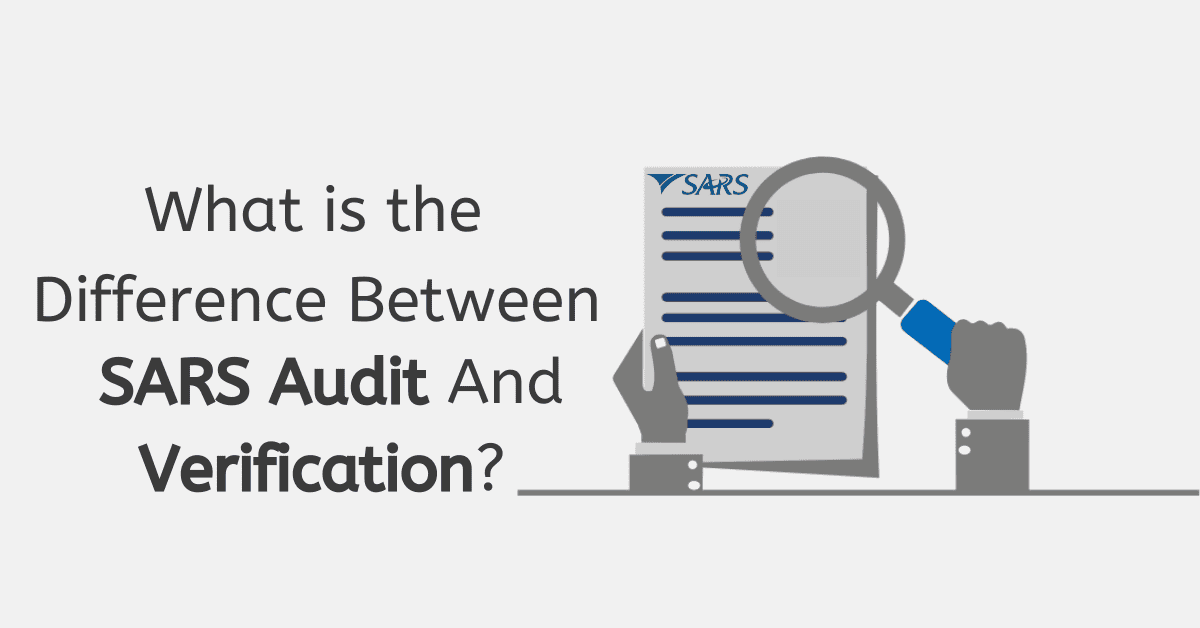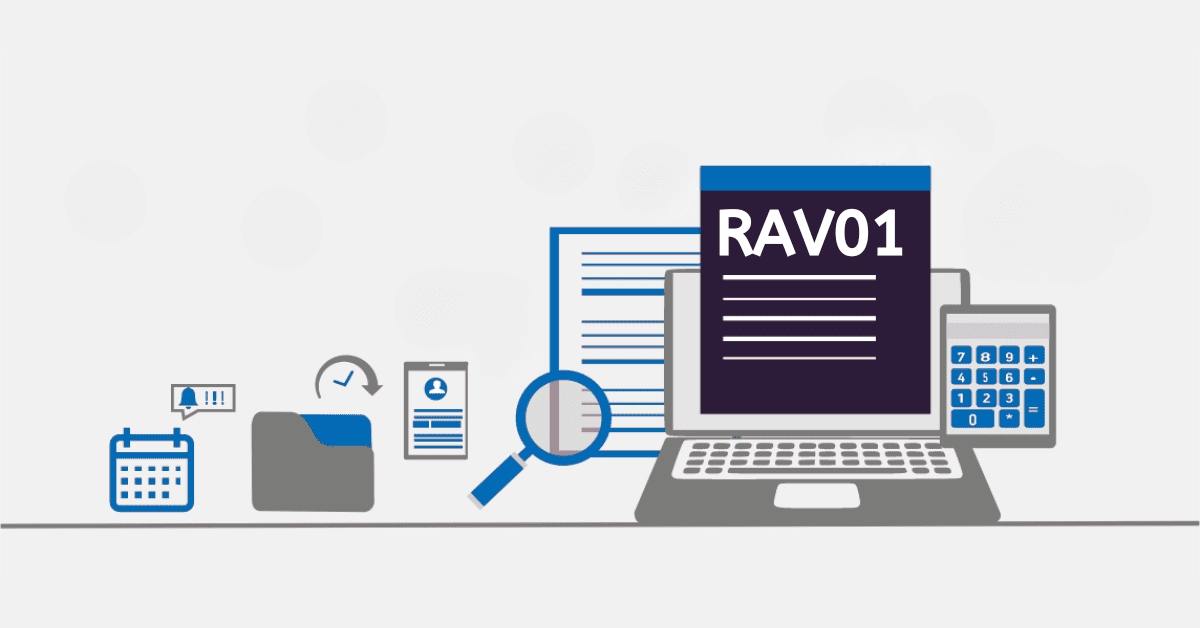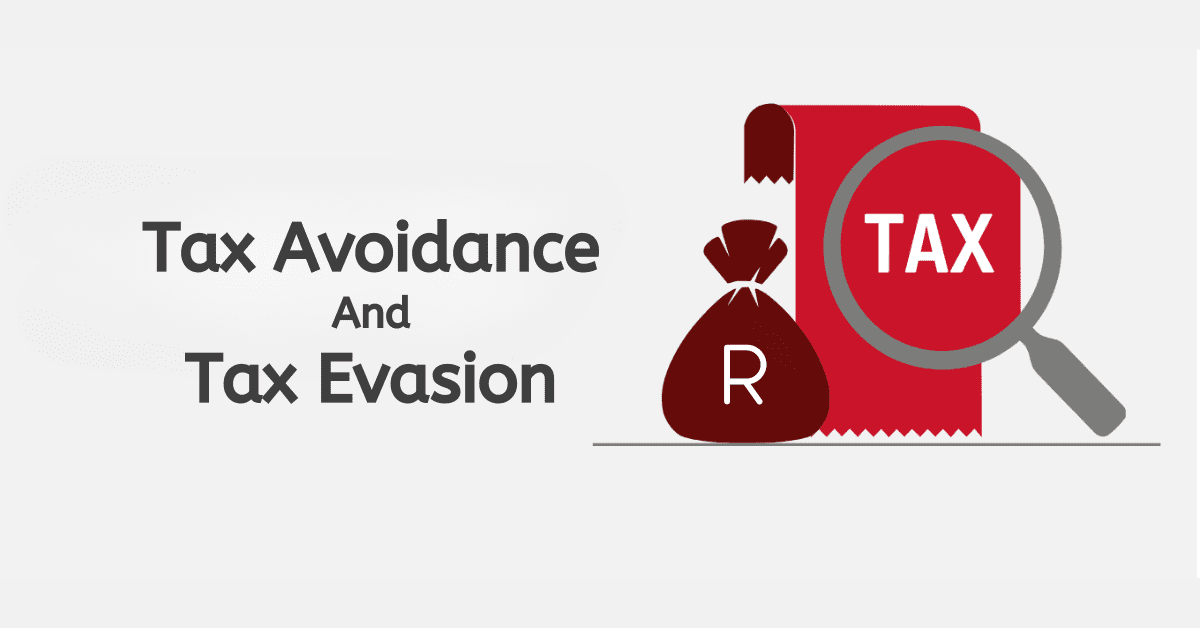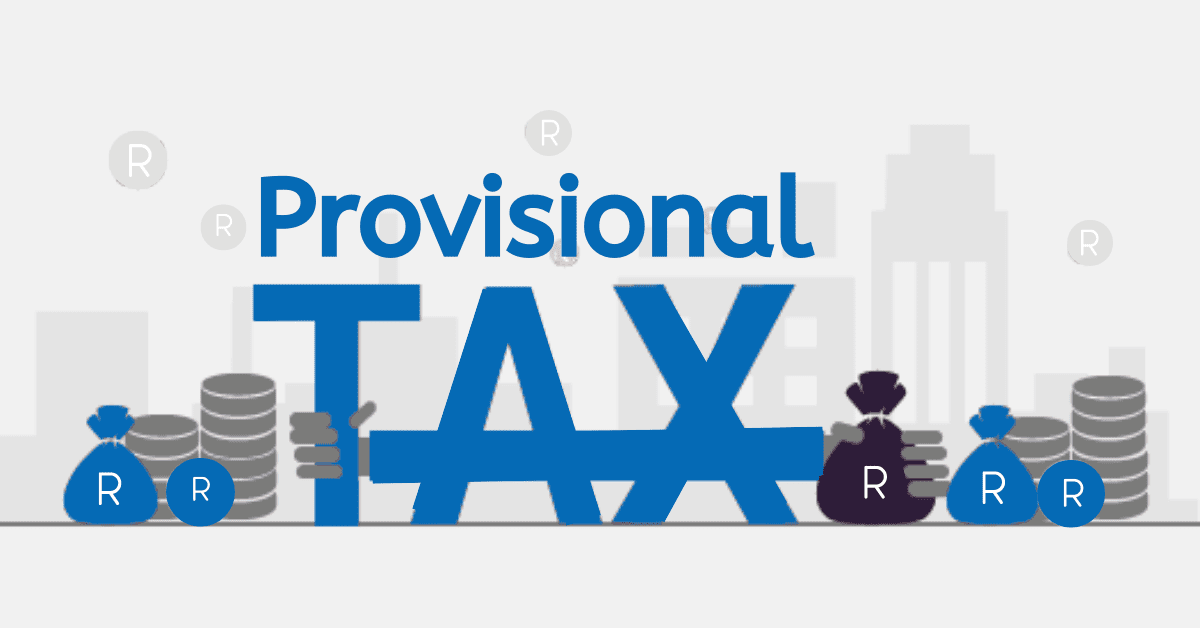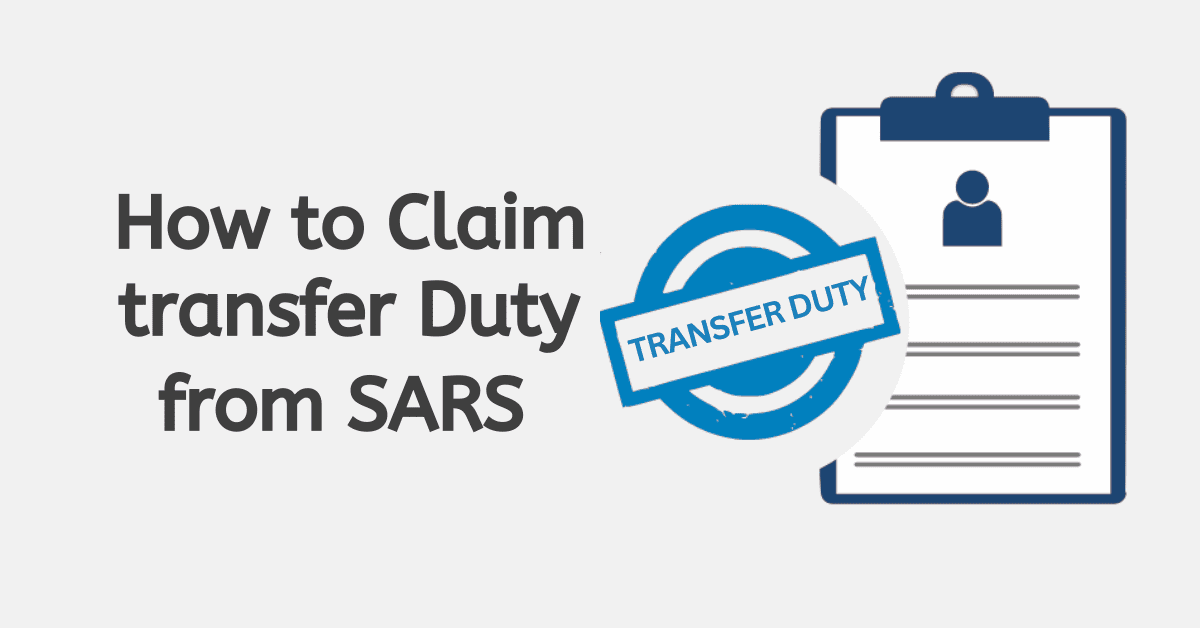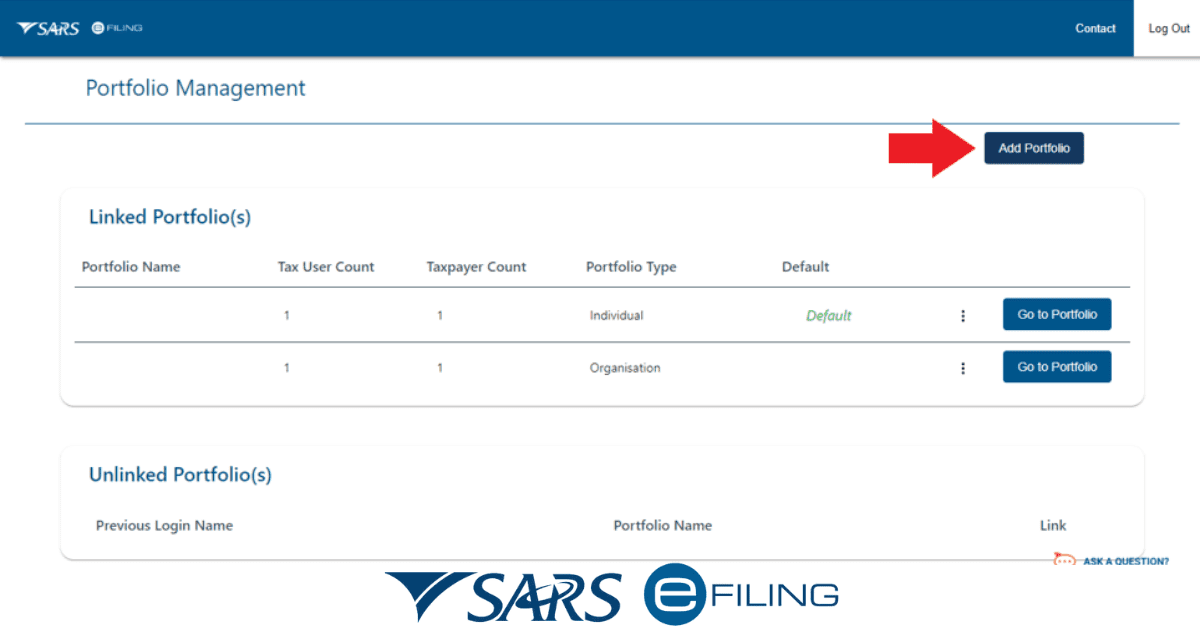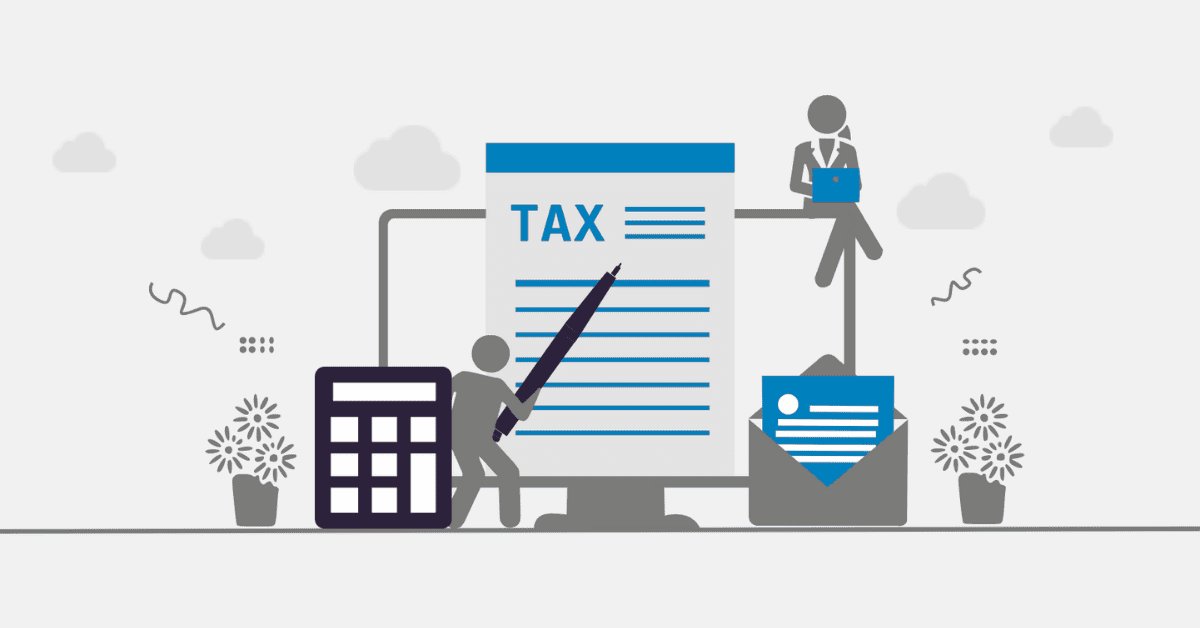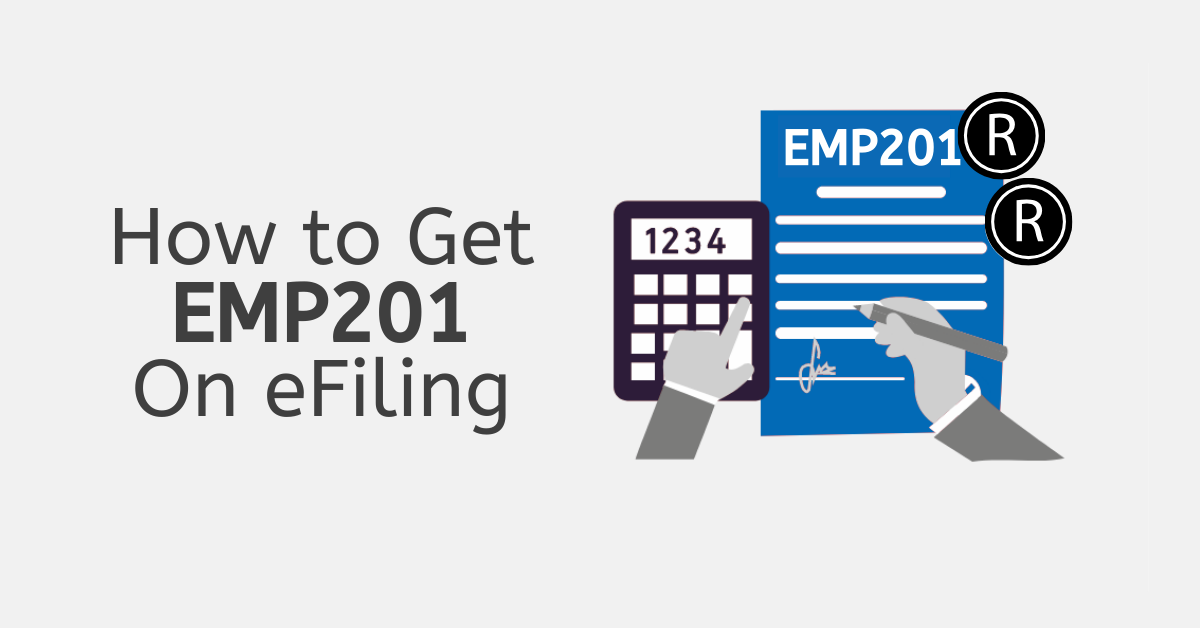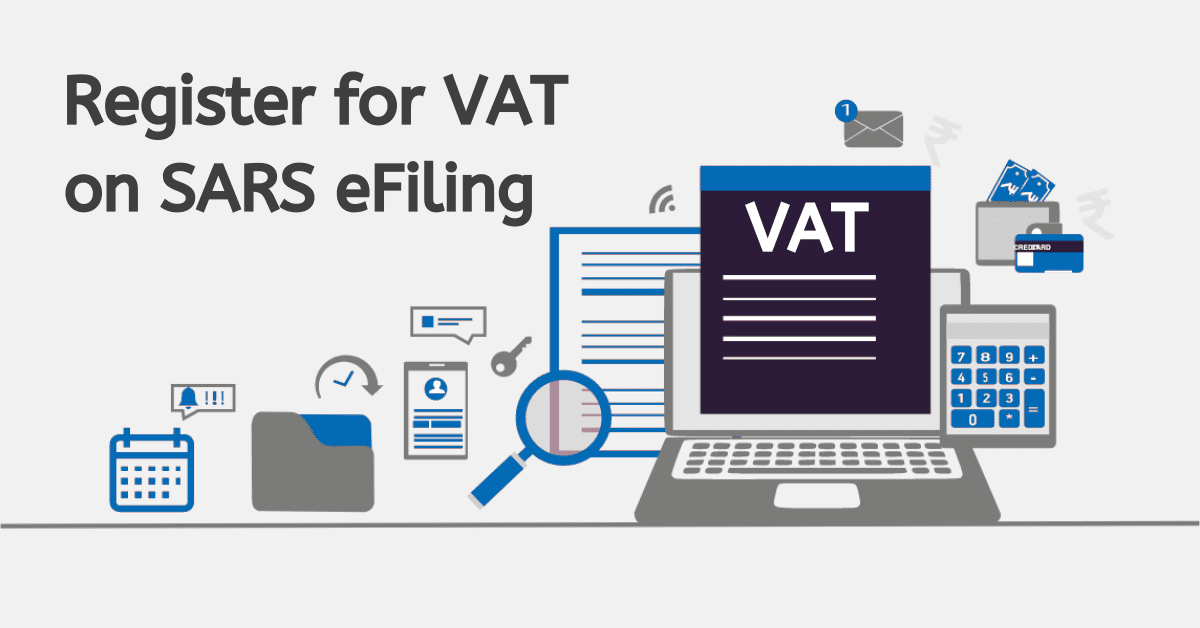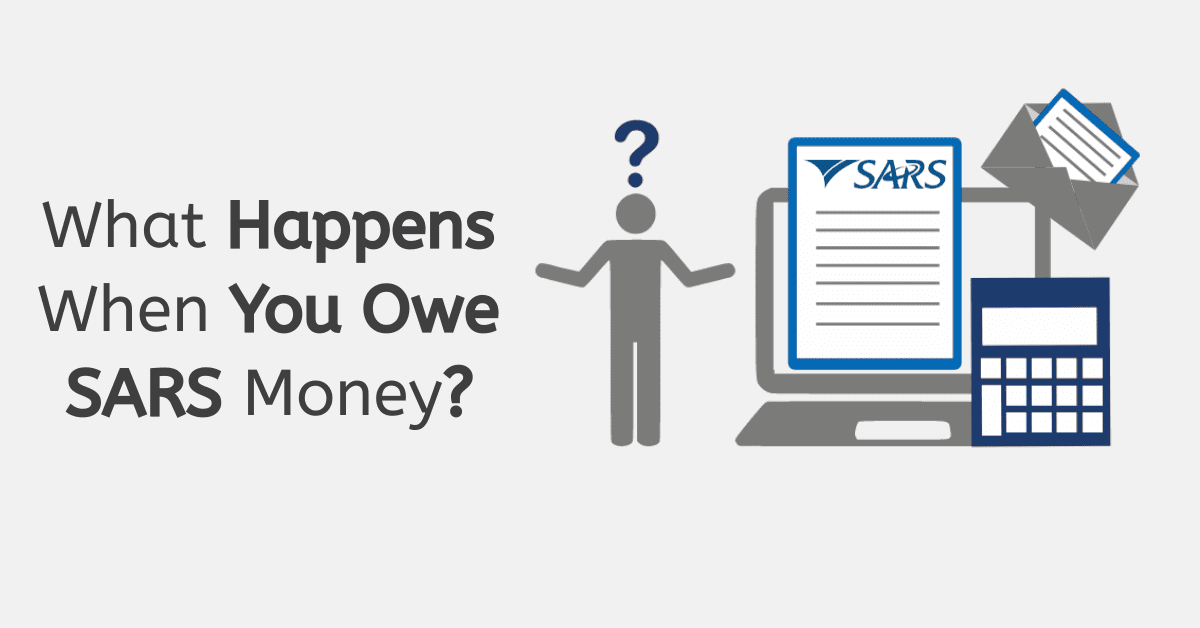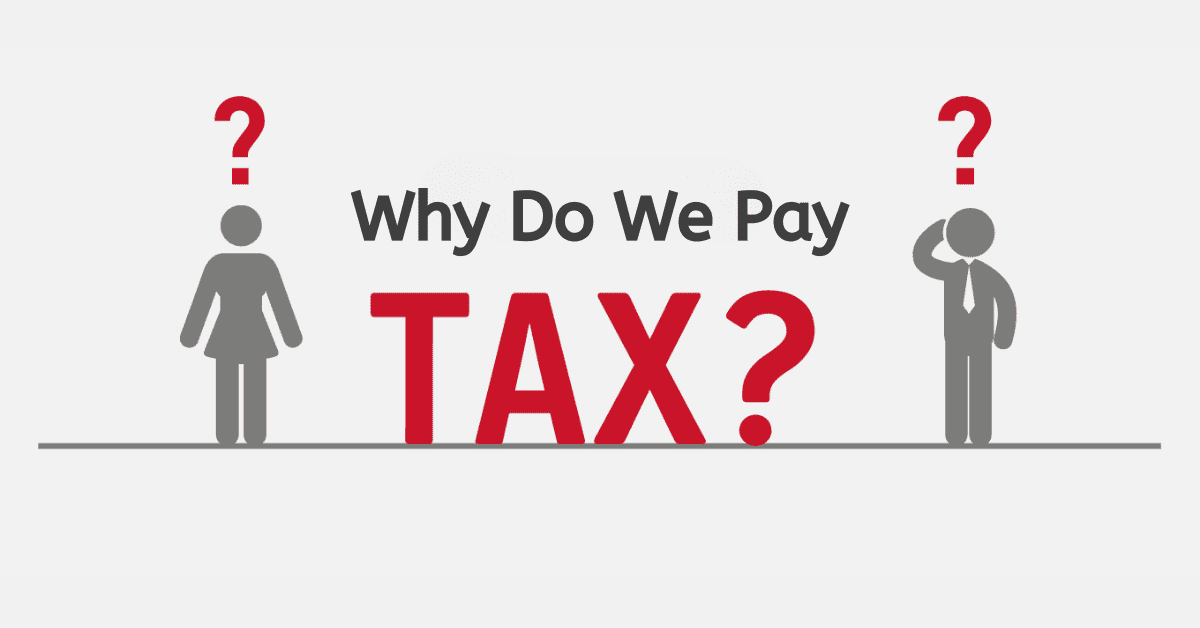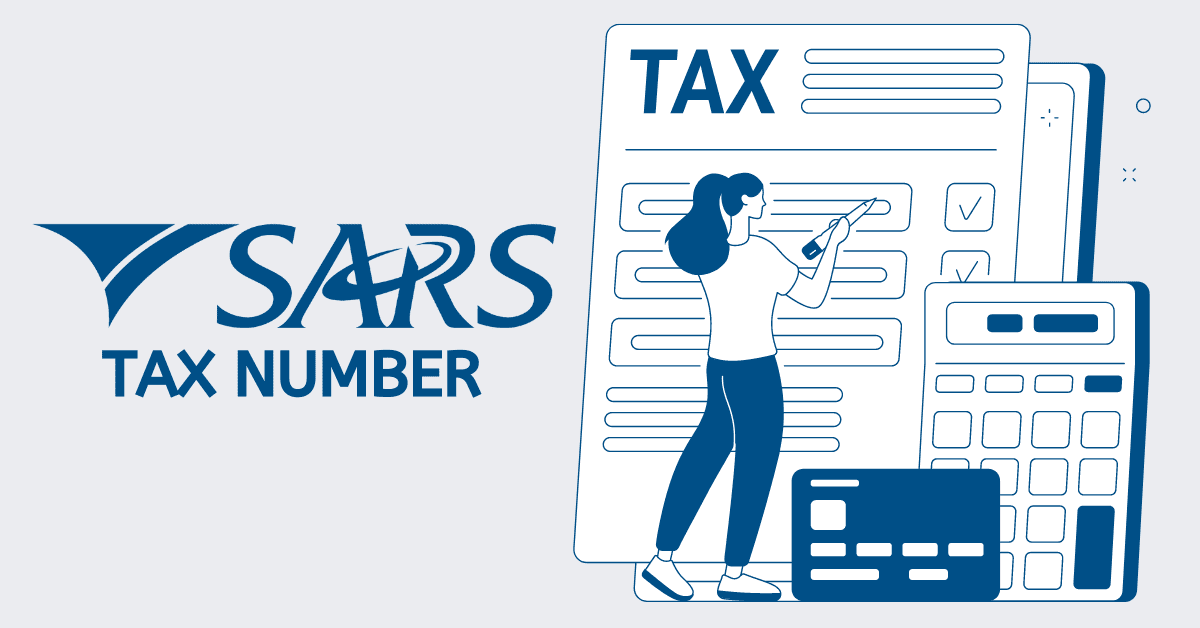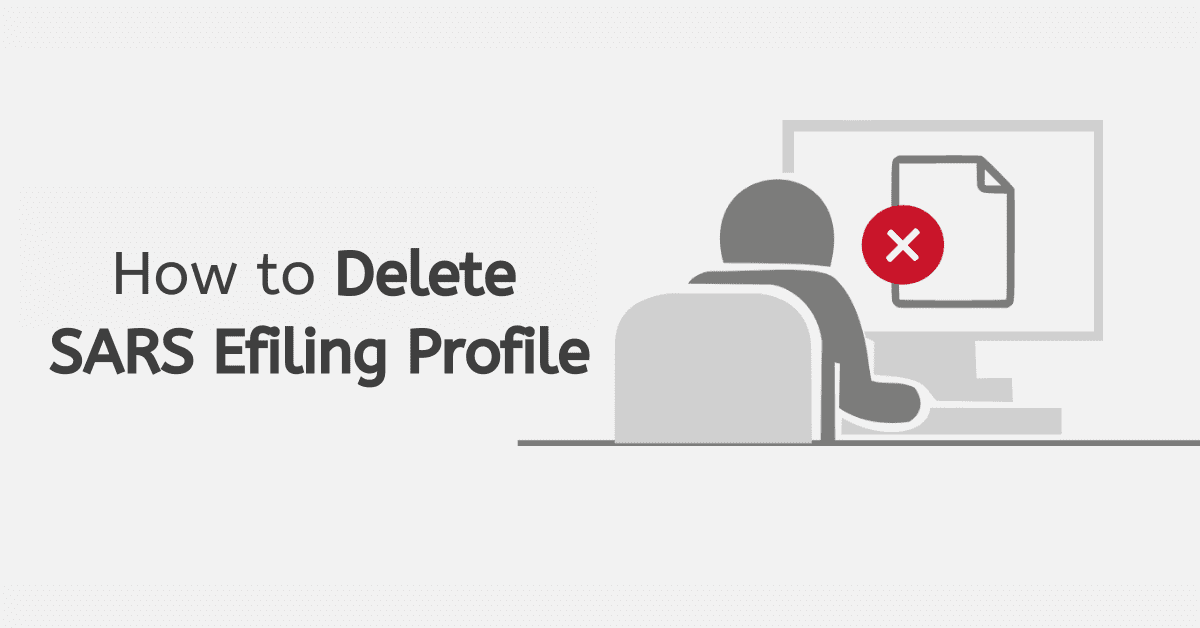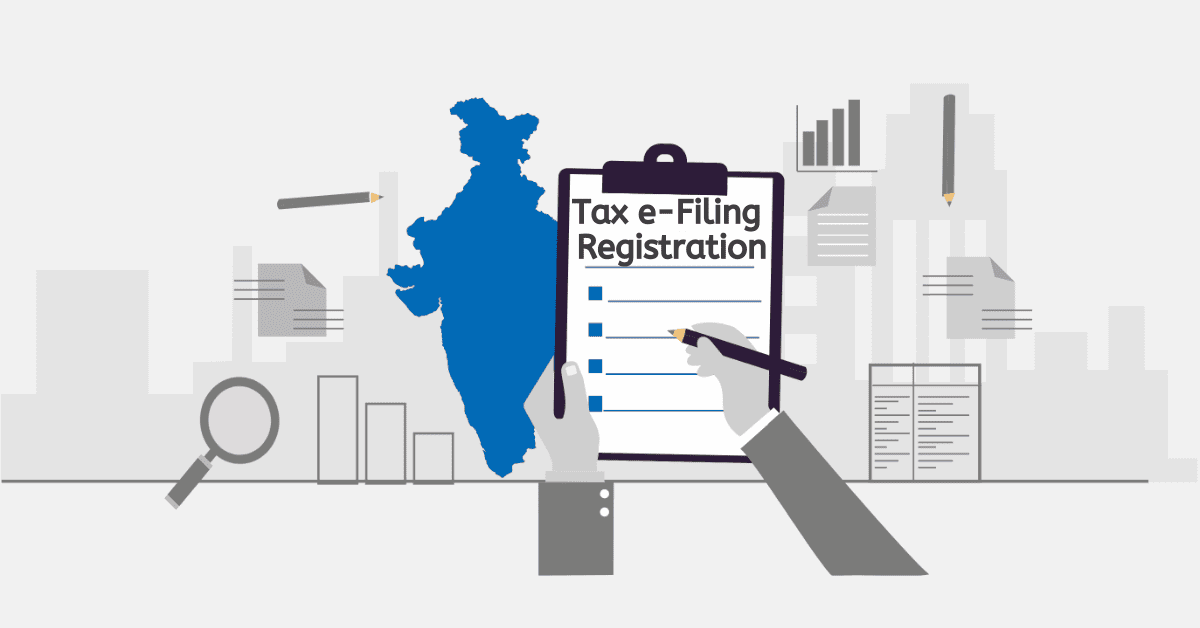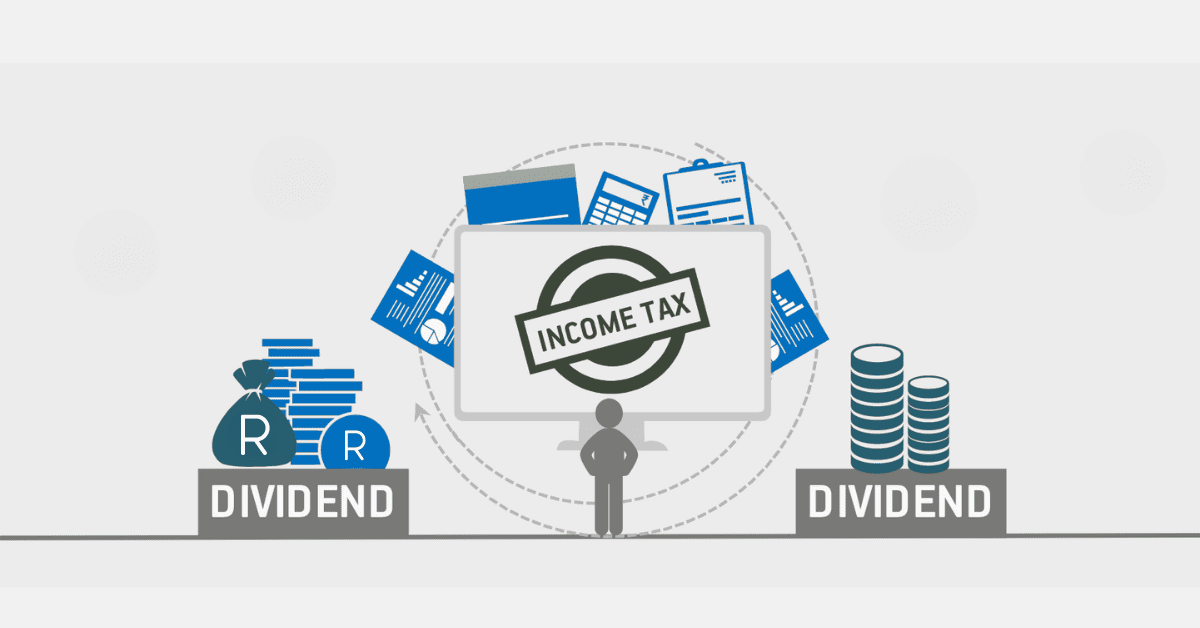All people and organizations that earn taxable income in South Africa are liable to pay taxes to the government. However, some individuals and entities are exempt from paying tax, although they operate in the country. Wondering whether you are excluded from paying taxes or not? This article explains everything you want to know about tax exemptions.
Who Is Exempt From Paying Tax in South Africa?
First and foremost, if you earn money below the tax threshold gazetted by the South African Revenue Service, you do not qualify to pay tax, although you may file your tax return. Similarly, businesses should also pay tax only when they generate income above the threshold.
South African residents who work in foreign countries are exempt from paying taxes if they spend more than 183 days outside the country. The exemption applies to the first R1.25 million of their income earned from work-related tasks performed outside the country. Natural persons should also meet the following conditions to qualify for tax exemptions.
- Salary for non-resident employees from foreign countries working in South Africa
- Pensions received from other countries by residents and non-residents
- Money generated from tax-free investments in South Africa and lump sums paid from life policies
- Special uniform allowances
- Genuine bursaries and scholarships
- Alimony received from former spouse
Apart from individuals, certain institutions are exempt from paying taxes in South Africa. However, these entities must first obtain the commissioner’s approval for tax exemption and other benefits. The institutions are categorized according to different legislative provisions, and they include the following:
- Charitable organizations
- Recreational clubs
- Government-owned public and private companies
- Homeowners associations
- Membership associations
- Small business funding entities
Not-for-profit organizations are also exempt from paying tax since they play crucial roles in promoting the country’s development and providing social assistance to the needy. Once an organization applies for exemption and is approved by SARS, it should get an approval letter with a unique reference number. Without obtaining this letter first, even a non-profit organization may be liable for paying taxes to the government.
What Are the Tax Brackets in South Africa?
The tax brackets in South Africa are used to determine the tax rates and amounts you will be levied for tax. You should note that the tax rate you will get depends on the amount of money you earn from your employer or business. The following are the tax brackets for the 2026 tax year, which runs from 1 March 2026 to 29 February 2026.
Taxable Income Rates of Tax
1 – 237 100 18% of the amount taxable
237 101 – 370 500 R42 678 + 26% of the taxable income over 237 100
370 501 – 512 800 77 362 + 31% of taxable income more than 370 500
512 801 – 673 000 121 475 + 36% of taxable income more than 512 800
673 001 – 857 900 179 147 + 39% of taxable income over 673 000
857 901 – 1 817 000 251 258 + 41% of taxable income above 857 900
1 817 001 and above 644 489 + 45% of taxable income over 1 817 000
How Much Must You Earn to Submit a Tax Return in South Africa?
Employees or pensioners earning more than the threshold are liable to pay tax. However, if you get your money from a single source, there may be no need to file a tax return. The threshold for submitting a tax return in South Africa is R500 000 per year or about R41 666 per month. If you get a bonus, your monthly earnings should be R38 461. This rule applies to individuals who meet the following requirements:
- You don’t earn extra money from other sources
- No income from running a business
- You have no side job that gives you money
- You don’t get a car allowance
- You don’t have a foreign currency account or own assets in a foreign country
- No shares in foreign companies
- SARS has not asked you to complete a tax return or auto-assessment
Who Qualifies to Pay Tax in South Africa?
Individuals who earn taxable income from employment, commission, or other sources qualify to pay tax in South Africa. Companies and close corporations are also entitled to pay corporate tax on their annual income. The state derives the bulk of its revenue from personal income tax and corporate tax. Non-residents are also eligible to pay taxes if they get their income from South African sources. To be on the safe side, you should check the type of income you get to determine whether you qualify to pay tax or not.
What Happens if You Don’t Submit a Tax Return South Africa?
Never fool yourself into believing that you can get away with the case of not filing your tax return. SARS gathers information from various sources to ensure that all individuals and businesses that earn taxable income file their tax returns. Evading tax can lead to serious consequences like penalties or criminal investigation.
If you fail to register for tax and submit your tax return, SARS can penalize you. For instance, you can get a fixed recurring monthly penalty that ranges from R250 to R16 000 per month, depending on the taxable amount you get. This penalty comes with interest, and it will be applied for 35 months. Therefore, it is a good idea to settle your debt, even if you don’t agree with the penalty, so that it does not continue to accrue interest.
If you are struggling with several outstanding tax returns, you can consider the voluntary disclosure program (VDP). With VDP, SARS cannot prosecute criminally, and you will get some relief from settling your penalties. Remember that SARS has the power to get garnishee orders to recover funds owed by the employees. It can also access your bank account without your approval.
If you earn taxable income in South Africa, you should ensure that you pay your taxes and file your tax return on time. Some individuals and companies are exempt from paying taxes due to various factors. Failure to file your tax return can lead to serious implications that can affect your financial situation in the future.
